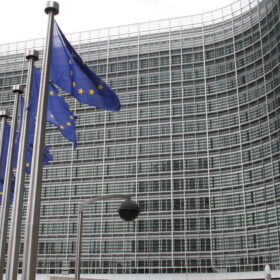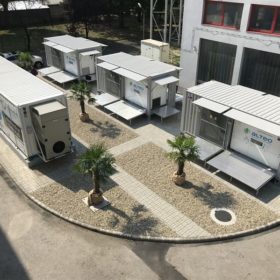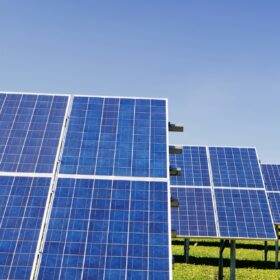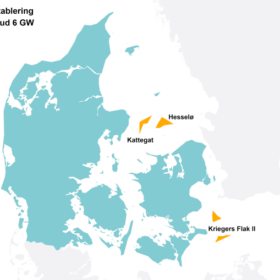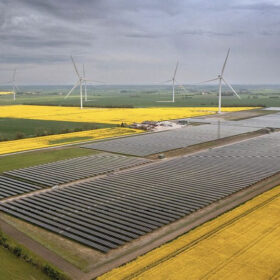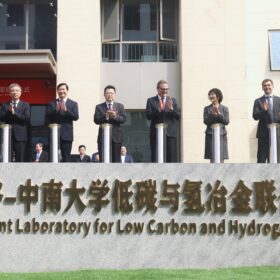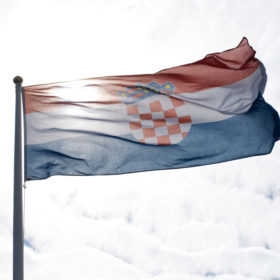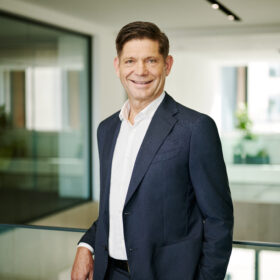Azerbaijan, Kazakhstan, Uzbekistan plan energy interconnection
Ministers from Kazakhstan, Azerbaijan and Uzbekistan have agreed to connect their energy systems. They will lay an energy cable along the bottom of the Caspian Sea to facilitate the sale of green energy to Europe.
The Hydrogen Stream: EU hydrogen tender ends with bids below €0.50/kg
The European Commission has selected the winners of European Hydrogen Bank’s first auction, with bids coming in below €0.50 ($0.54)/kg, while Chile and Namibia have revealed new hydrogen plans.
Hungary awards funding for 440 MW of storage
The Hungarian government has earmarked HUF 62 billion ($169 million) for grid-scale energy storage projects in a bid to facilitate further deployment of renewable energy sources.
Reducing photovoltaic-thermal module temperature with iron, copper oxide
An international research team has proposed using iron oxide and copper oxide to lower photovoltaic-thermal (PVT) solar module temperature. Their analysis showed that the two compounds were able to lower the panels’ operating temperature by 23.49% and 34.58% respectively.
Azerbaijan announces first solar auction
Azerbaijan has revealed plans for its first renewables auction, in order to facilitate the design, financing, construction and operation of a 100 MW solar plant. Applicants can contact the Ministry of Energy from April 30 to participate in the first of two auction stages.
The Hydrogen Stream: Denmark may produce green hydrogen from wind
Denmark will procure at least 6 GW of offshore wind power capacity to potentially produce hydrogen, while Orlen says it will use a European Commission grant to build 16 hydrogen refueling stations in Poland.
Attica-Crete leg of Mediterranean super grid due mid 2025
Greece has grand plans for an interconnector network that runs from the Middle East through to the heart of Europe. pv magazine examines the latest developments on the road to a Mediterranean super grid and what it might mean for the regions involved.
The Hydrogen Stream: Vale opens hydrogen metallurgy lab in China
Vale and Central South University have launched a joint laboratory for low-carbon and hydrogen metallurgy in Changsha, in China’s Hunan province, while Nippon Steel has secured approval to acquire U.S. Steel.
Croatia launches auctions for 607 MW of solar, wind, hydro
The Croatian Energy Market Operator (HROTE) has announced a much-anticipated, €257.2 million ($273.5 million) round of renewable energy auctions. It has allocated the biggest quota of 450 MW for solar projects and has set a deadline to award the subsidies by year’s end.
Building back bigger
Already 2024 is shaping up to be another record year for solar installations. In Europe, projects are getting bigger as increasing difficulty with obtaining a grid connection makes smaller systems unviable. pv magazine recently caught up with Bernhard Suchland, CEO of Germany/Bulgaria based project services provider Sunotec, for a look a closer look at this and other trends in the large-scale PV segment.

